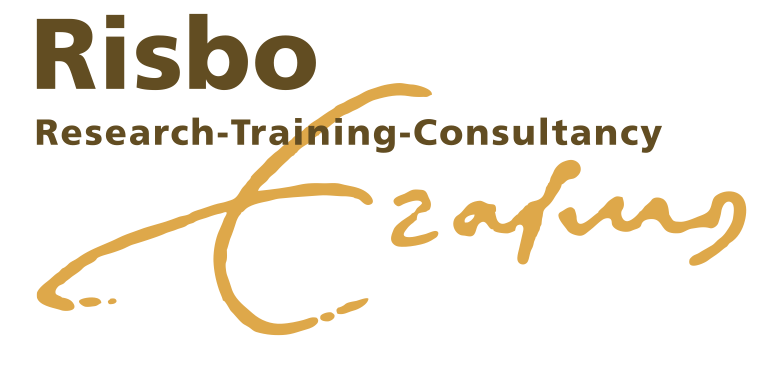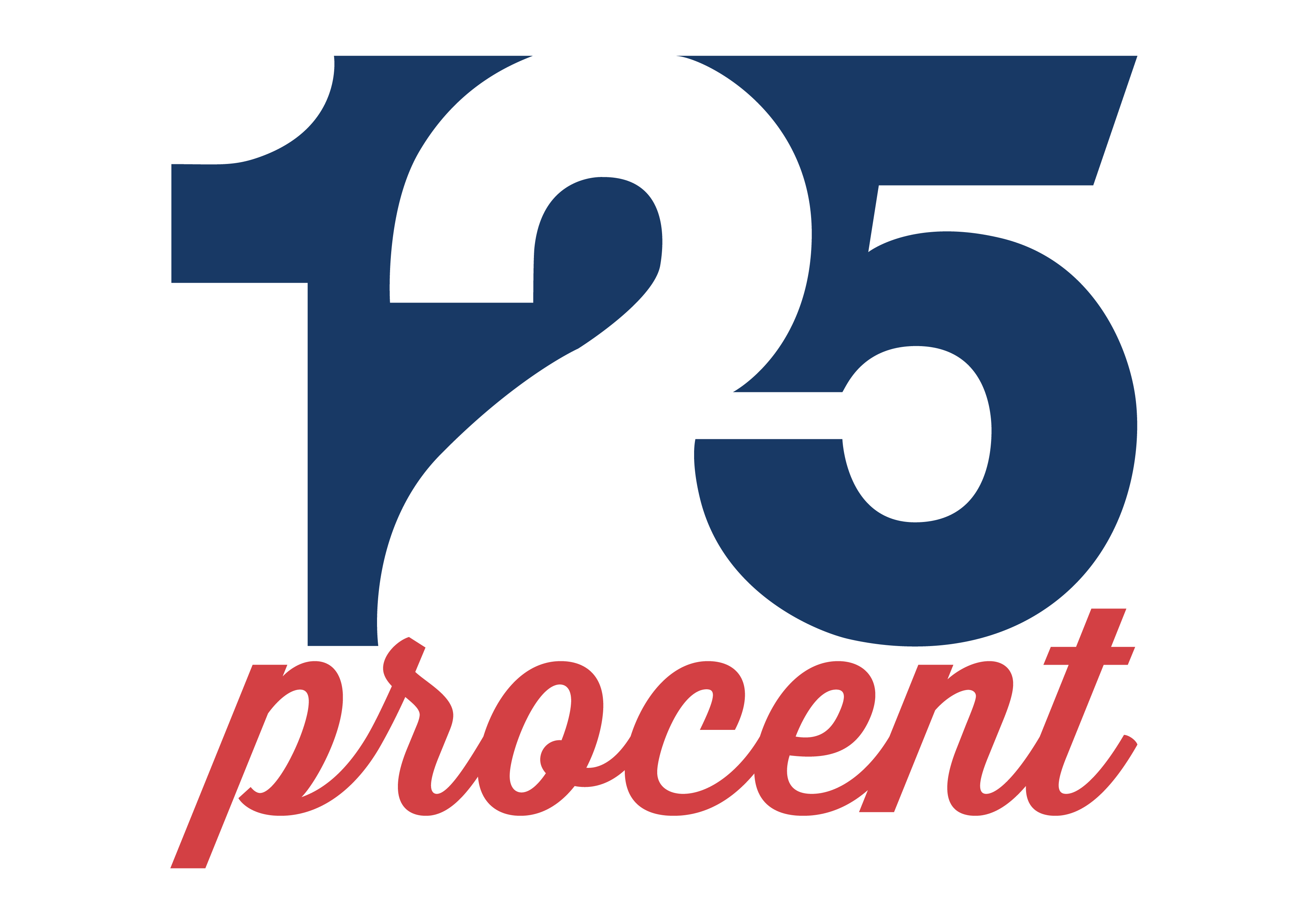Elements for Success
Basic Elements for Successful Social Projects
How to define success?
Defining success in projects related to social inclusion can be tricky and heavily depend on the issues each project wants to address. It is important to be aware that rather than just looking at the end result of a project one has to also assess the process. For the MY LIFE project all participants where asked to define what success means to them. Most of them related their success to reaching the goals they had defined for their projects.
Goals named by the participants
Although, the projects of the MY LIFE participants differed according to scope, area of interest and target audience they agreed on certain goals that all projects had in common. These were:
-
-
-
-
- Creating equal opportunities in education
- Enabeling activation and participation
- Offering a safe space
- Connecting different worlds
-
-
-
In the video Tomislav Tudjman explains the basic elements that MY LIFE participants defined to successfully reach their project goals.
Basic Elements for Successful Projects

Mental Strength
Most of the young participating people start their initiative from an intrinsic motivation to help others. They combine it with an enormous mental strength and perseverance.
For some it also plays a role that they want to prove to friends and family in the country of origin that they can achieve something. This gives them the strength to keep trying and working each day because they “owe” it to family members or friends who have stayed behind. They want to prove that they can achieve something with hard work and are not likely to give up after the difficult times they have already overcome.

Personal Involvement
The initiatives of these young people arise from a personal experience or feeling. At some point in their lives, the young people feel, for example, insecurity, injustice or loneliness. These feelings ultimately inspire action, they want to change something in their personal situation but also in the lives of young people who experience the same. The personal involvement of initiators in the initiative and the participants is for this reason great.

Credible Messenger
The success of initiatives set up by young migrants, for young migrants, is that they literally and figuratively speak the same language. It is not easy for official bodies to reach (or recruit) young people who speak a foreign language, live in isolation or no longer attend school.
Sometimes there is also distrust, fear or uncertainty towards authorities due to past events. These (often vulnerable) young people are best reached by someone they can identify with. Someone who speaks the same language, comes from the same country or has experienced the same things. Someone with the same background, someone like them. These Role Models or Credible Messengers play an important role in reaching and activating young people. By sharing experiences and knowledge, they can inspire young people to participate in society.

Trust & Support
The experiences of initiators vary widely when it comes to the support of local and national partners with whom they work (such as municipalities or companies). Some initiators have to deal with a top-down approach, in which setting up and continuing the initiative involves a lot of administrative burdens and financial accountability: strict frameworks set in advance for such initiative designed to be eligible for subsidy or financing.
On the other hand, there are initiatives that are started bottom-up without a project plan or specific objectives, but still get off the ground because there is a lot of support and confidence from partners. The parties make (financial) resources available for young people to set up the initiative without doing anything in return (such as demonstrable results or objectives achieved). Such as, for example, making sports equipment or a space where the initiative can take place available. This bottom-up infrastructure makes it possible for young people to pursue their dreams and ideas in an accessible way. The national or local infrastructure has a major influence on the ultimate possibilities of enterprising young people, but sometimes it can also depend on one person lending a helping hand. This could be, for example, a professional or youth worker who offers help and believes in a young person.
Working Elements for Successful Projects
For the MY LIFE project the young participants have developed more elements that they identified for success. These categories were corresponding to more practical to-do lists or activities that help setting up projects and interventions in de field of youth.
#1 Visibility & Awareness

Credible Messenger
Work with people from the community who can make your project more visable

Social Media
Invite young social media influencers to be part of the project.

Organise Events
Events and physical meetings can be an important to spread your message and gain visibility for your project.

Changing Narrative
Create messages that do not follow stereotypes and stigmatize young poeple especially migrants.
#2 Personal Involvement

Mentorship & Coaching
Support young people through getting involved as a coach, helping them to take leadership on their own.

Positive Role Model
Be authentic and encourage young people to follow your example. Sharing your personal experiences can help them gain trust.

Safe Space
Creating a safe space for your activities is extremely important because it makes everyone feel at ease.

Storytelling
Build bridges through storytelling- A personal story can give your project more authenticity and make it more attractive.
#3 Soft & Hard Skills


Defining the Problem
Have a clear idea of what you want to change with your project and work on understanding the needs of the target group.

Setting Goals
Define goals that are specific and measurable. Translate these goals into a clear action plan and follow it for implementation.

Reach Out
Find help and partners for your project both external and from within the community. Make use of the local infrastructure to get trust and support.

Evaluate Results
Analyze your results regularly and adjust when needed, with regular meetings, continuous monitoring and including other opinions.
#4 Professionalization

Confidence
Reach out for help to gain the confidence to speak in front of people, present you project to funders or network.

Trainings
Continuously follow trainings and workshops in your field of social engagement.

Perseverance
Don’t give up! Nothing is completely right from the start and it takes courage and patience to build up a project from scratch.

Flexibility
Adapt your project depending on the circumstances. Make sure that your project goals are flexible.



